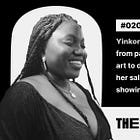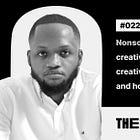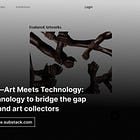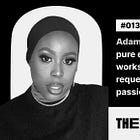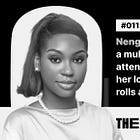Boluwatife Sonaike: On finding digital art, translating ideas to visuals, and how he is always feeding his visual bank — #024
I spend a lot of time researching. And research for me is about feeding my visual bank... If research is done right, it shortens the amount of time it takes to get the work done.

Hi, thank you for joining us for another edition of our interview with African Creatives. In this edition, I spoke with Boluwatife Sonaike, a digital artist from Nigeria. Tife, a graduate of chemistry, is a self-taught artist known for his distinct style of digital illustration and painting.
Over the last five years, he has worked with multiple Nigerian brands and notable music artists such as Show Dem Camp, YKB, Yinka Bernie, Lady Donli, Ycee, and most recently Rema, for the identity of HEIS, his second studio album.
In this interview, you will get to know what led him to art, how he got started, how he approaches his work, his favourite projects, his biggest challenge as an artist, and how he navigates it. You will definitely love and enjoy reading this!
Tell us about yourself
My name is Boluwatife Sonaike (known as Tifetheillustrator). I am a digital artist.
I was born and raised in Lagos, Nigeria. I studied Chemistry at Olabisi Onabanjo University.
Ooooh, interesting! How did you get started with art? What led you to digital art?
Like a lot of kids, I had a thing for art from a young age, but I really got interested in digital art in 2018 after seeing the cover art for Poverty Die by Olamide—designed by Duro Art. At the time, I didn't know how music art covers were illustrated—I never even thought about how they were made. But the cover art was so interesting to me that it got me interested in knowing how it was made, and I discovered a whole community of designers and artists doing insane work here in Nigeria.
After that, I took art more seriously. I would spend time on YouTube to watch tutorials and learn about digital art. At the time, I had just my phone and a mobile app for making art; I didn’t have an iPad or a laptop.
For practice, I would replicate the work of the people I admired. Over time, I developed my own style by adding my own character and element into the art that I made.
Fortunately for me, after making and sharing my art for some time I got the opportunity to work with YCee [a Nigerian rapper, singer and songwriter]. And since then, I have been able to work with some of the guys I used to look up to.
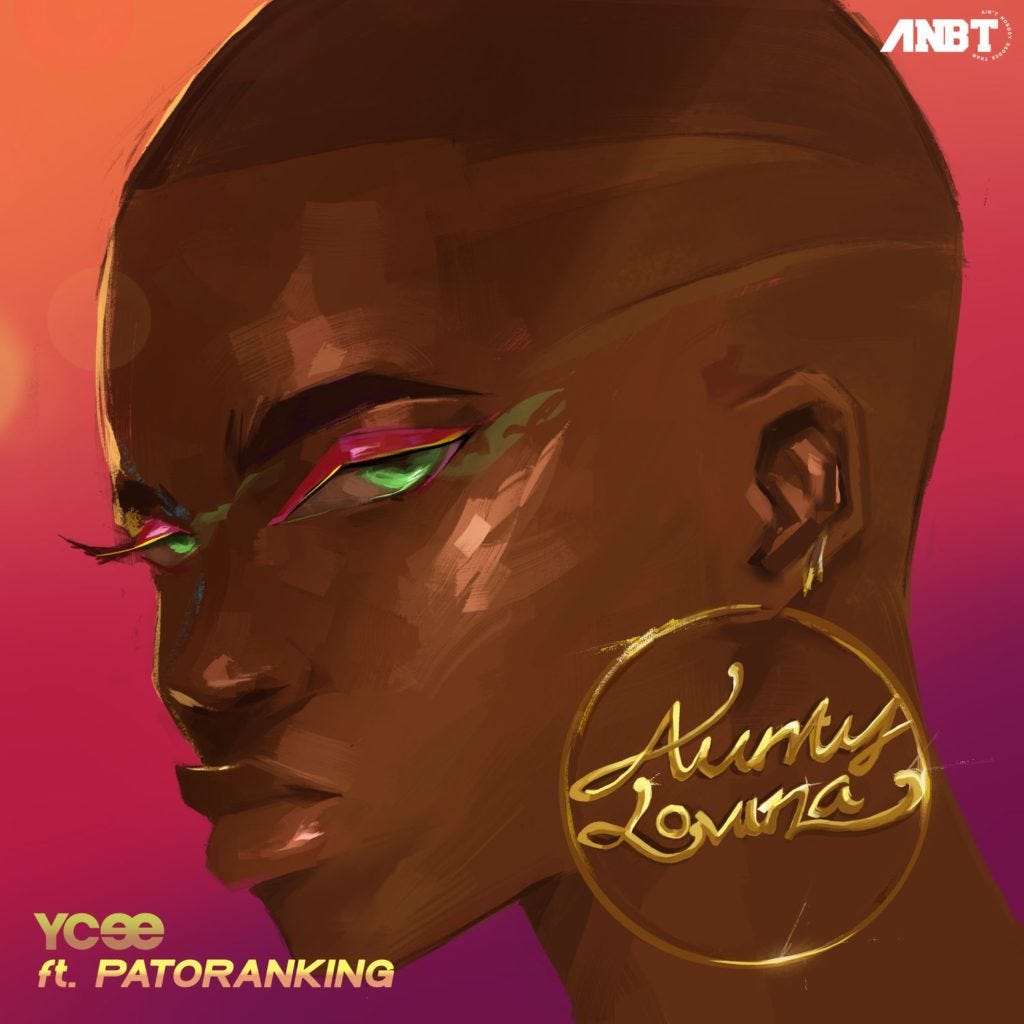
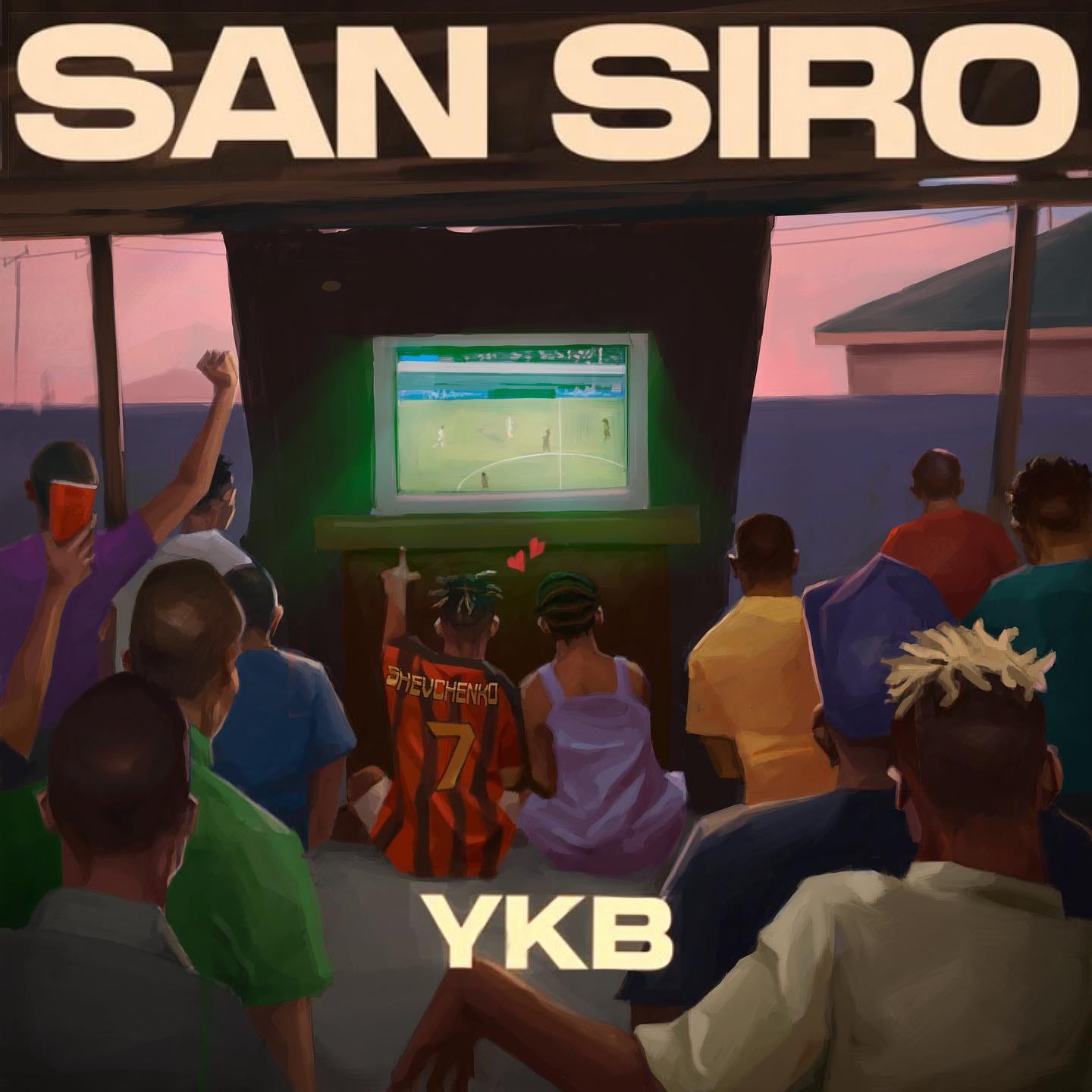
What has the experience been like?
It has been insane. If anyone had told me I would be working with the people I work with now—just a few years into making art—I would have probably said no way.
How would you describe what you do to a 5-year-old?
Using cover art as an example, I would say I translate ideas into visuals.
Related Interview
What is your day-to-day routine? What does a typical day look like for you?
I am sort of a workaholic because I enjoy making art. So, I work late most of the time. I spend the day researching while I spend the night painting and illustrating—I like working and painting at night so I spend a lot of time, during the day, researching because it makes the actual work of painting easier. If research is done right, it shortens the amount of time it takes to get the work done.
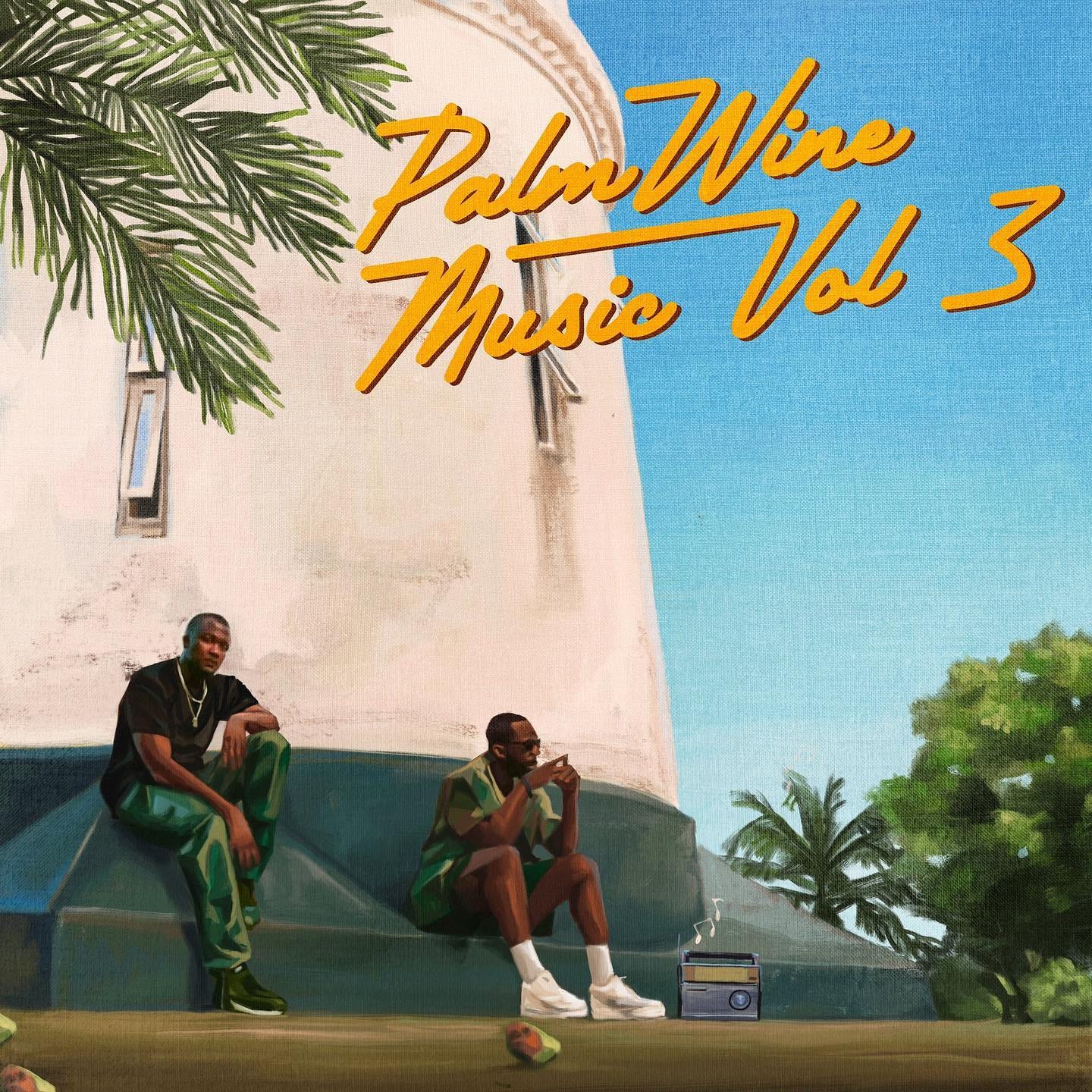
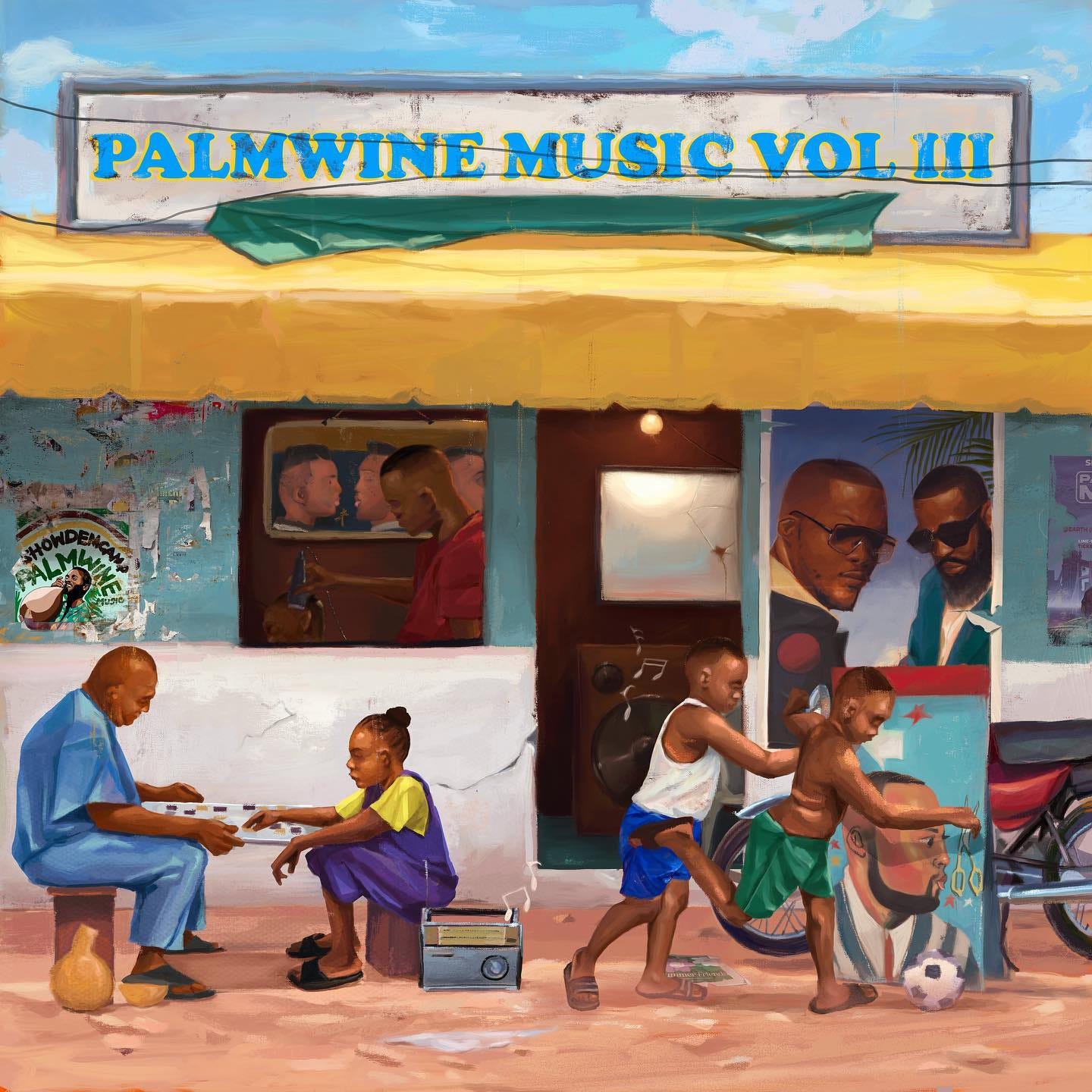
What do you enjoy most about what you do? What is the most satisfying thing about it for you?
For the most part, I enjoy the freedom that comes with creating as an artist.
What is the best career investment you have made as a creative?
I would say networking and connecting with other people in the community. I realised that you may have the skill but you still need to connect with the right people.
Read Also: How To Build Meaningful Relationships As A Creative
What are the challenges you face as a creative?
Aside from the general ‘Nigerian problems,’ I would say the lack of creative freedom by some clients. (I don't think this is peculiar to Nigeria or Africa, it happens everywhere.)
Most times, people don’t give artists/creatives creative freedom on a project and it affects the project.
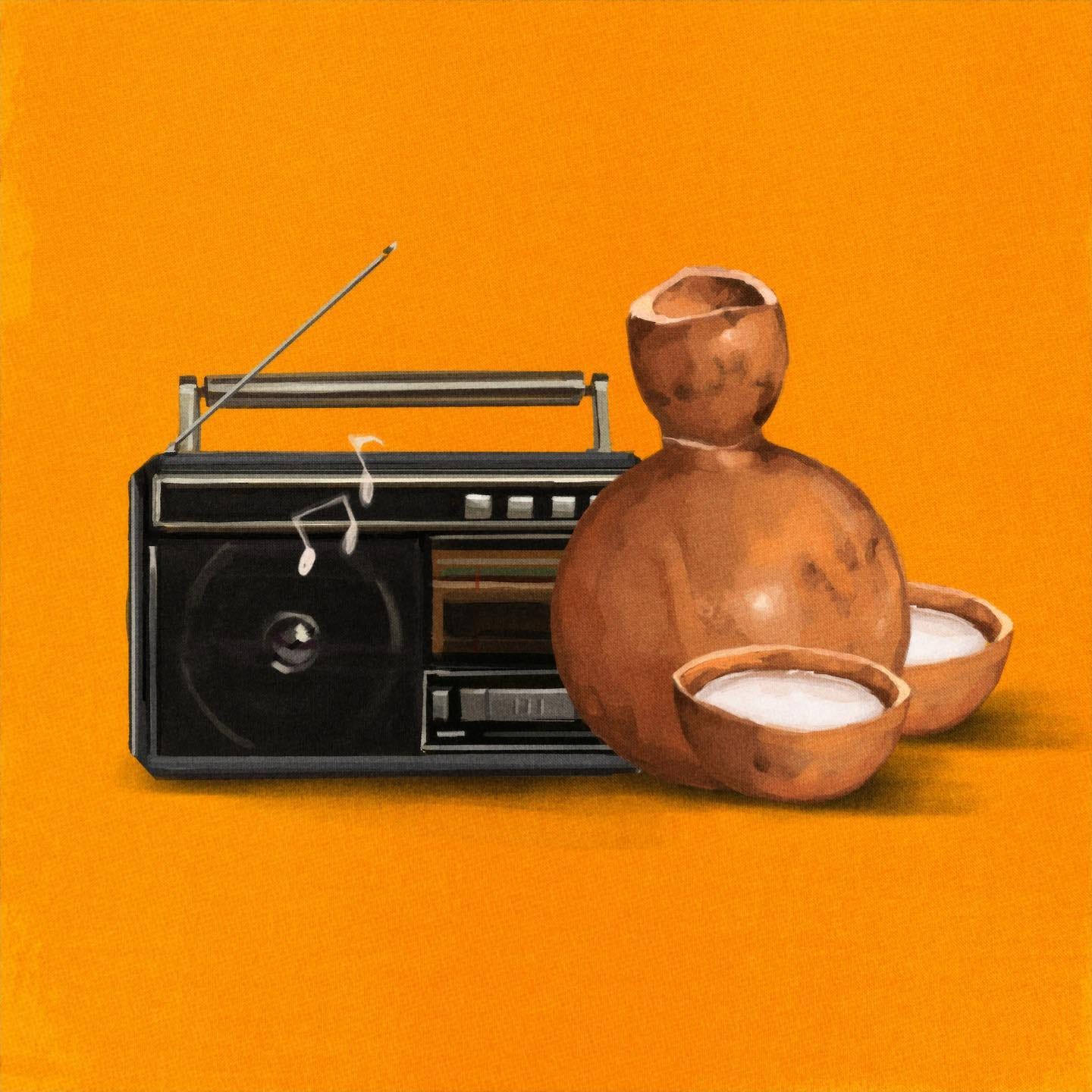
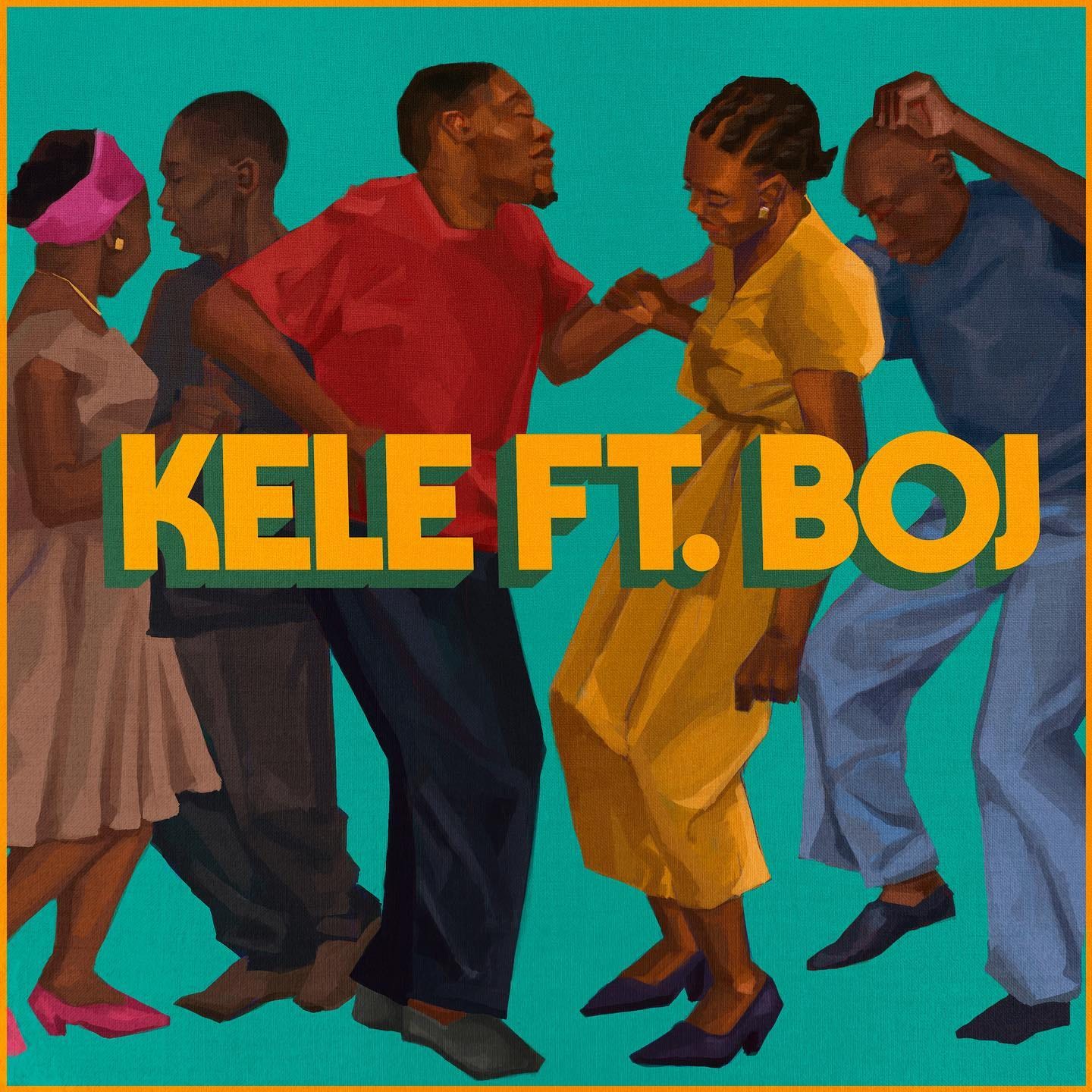
How do you navigate this challenge?
I have learnt from working with Niyi Okeowo that if you can endure the process, there's a happy end. (This is why I enjoy working with him.)
There's a point you will get to in the project where you will eventually have the opportunity to bring your twist to the project.
What is your creative process and workflow?
As I said earlier, when the research is done right, the amount of time it will take to finish the project is shortened. And I don’t think anything should go wrong with the project as well.
So I spend a lot of time researching. And research for me is about feeding my visual bank i.e. looking at images around me and online as well. I try to draw inspiration from everything around me; I am always soaking in inspiration from my environment.
After researching, I jump straight on the canvas and pour down everything I have gathered to come up with a sketch and improve on it until I get to the final result.
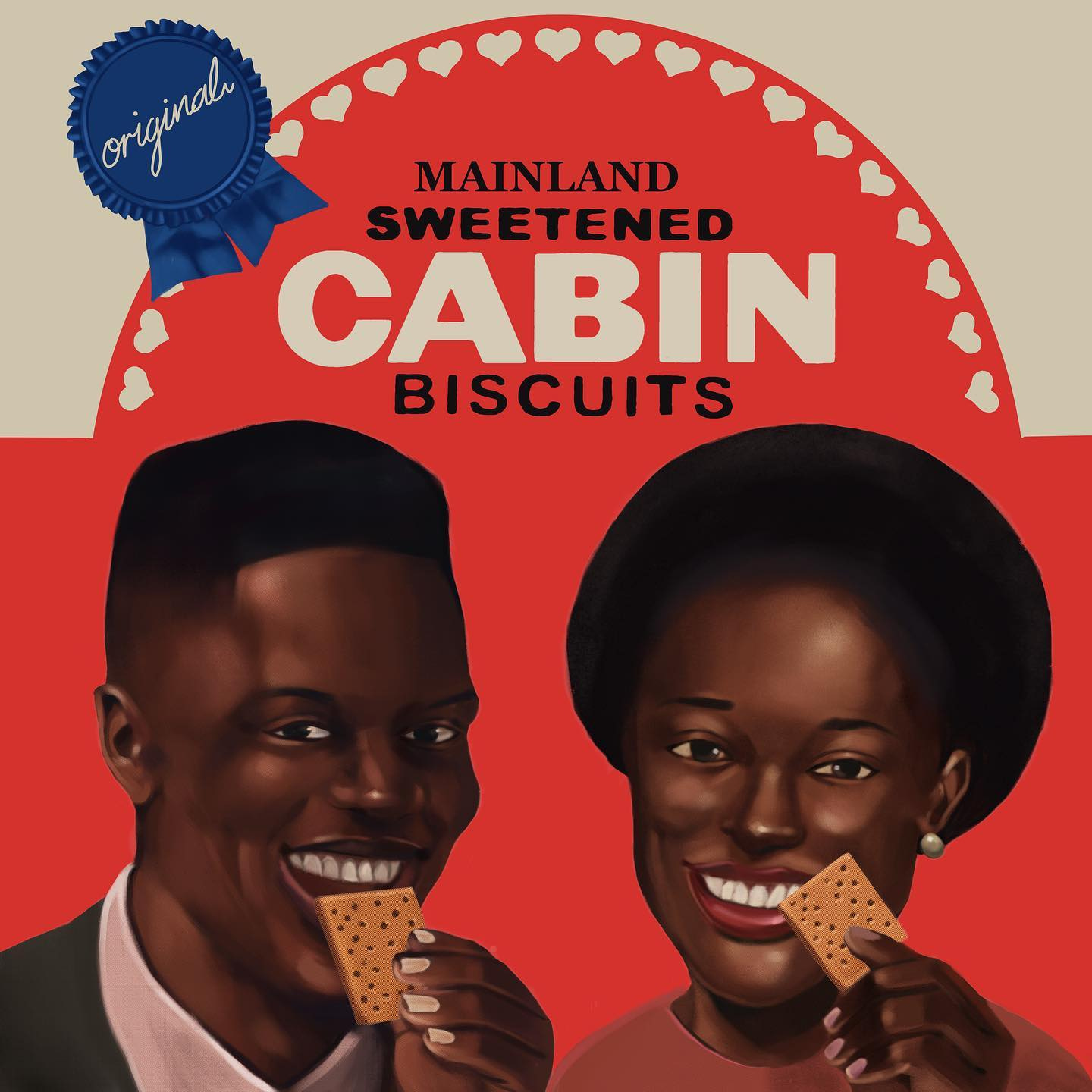
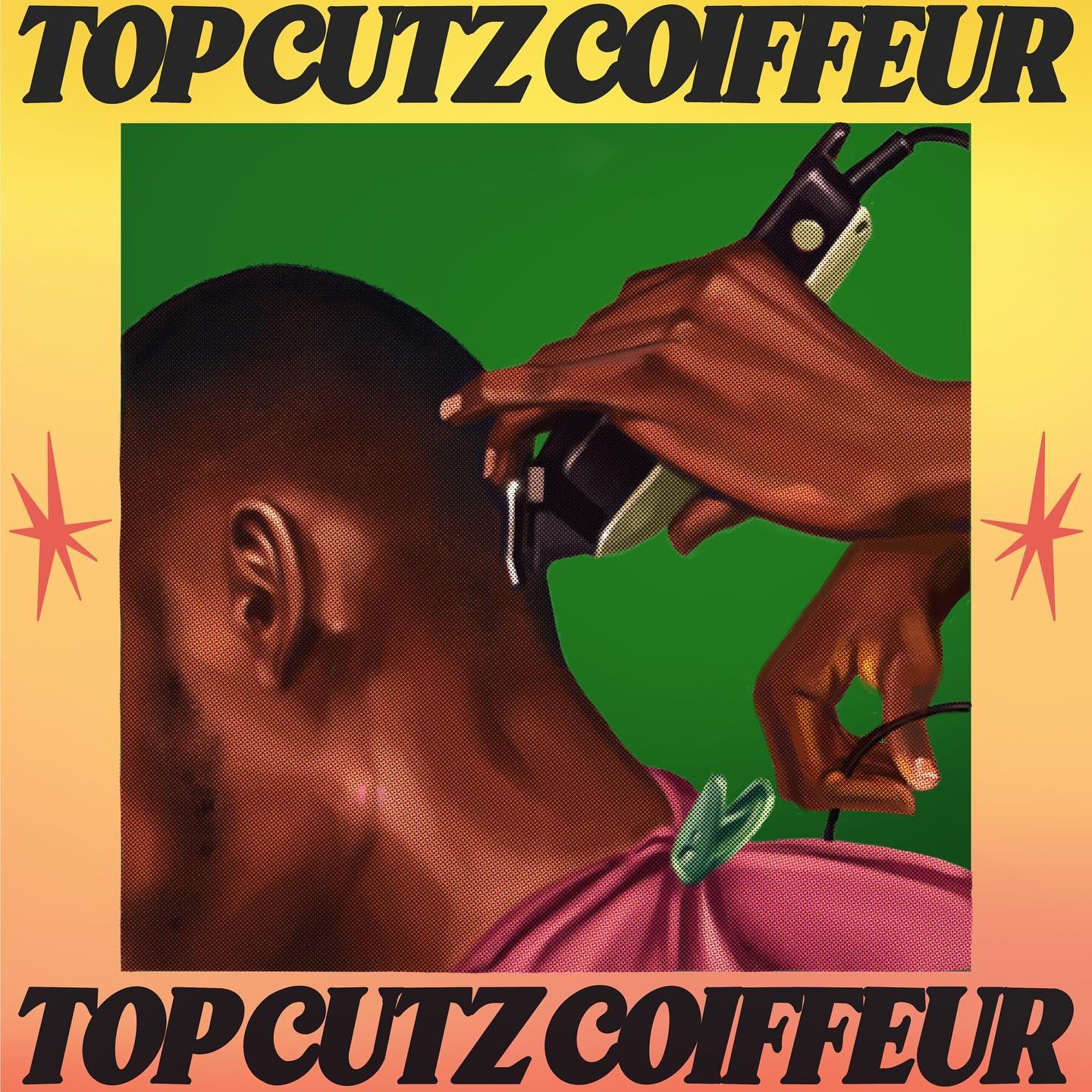
What part of the process do you enjoy the most?
The research phase is what I enjoy the most.
What are the essential gadgets, tools, and software you use for work daily?
I use Procreate on my iPad most of the time because I am either illustrating or painting.
When needed, I use Photoshop and Illustrator on my laptop.
Read Also: 10 African digital products and platforms you should know and use as a creative/creator
How did the Covid-19 pandemic and lockdown impact you and the work you do as a creative?
The lockdown helped me work and earn remotely. And I got to know a lot of people during that time as well.
Also, NFT going viral during the lockdown created a lot of opportunities for artists and opened people's eyes to the possibilities in digital art.


How do you handle creative blocks and client pushback?
For me, creative block is a two-way thing. Sometimes it’s because of information overload which happens when I have taken in so much inspiration and I have to just pour it out. Or I am just tired and have to just step back and rest.
For pushbacks: when I have done different sketches and they are still pushing back, I go back to ask more questions to better understand what they want. But there's also the place where I may need to convince them. I have to let them know and see how what I am presenting will work.
What is the task you don't enjoy doing but you have to do?
Working on commissions can be stressful but it is important to pay the bills.
What are the projects and pieces of work you are most proud of?
One of my favourite projects is the cover art for Palmwine Music 3. It was very fun to work on it with Niyi.
Another one is the Lepashandy poster series. For the series, I am leaning into nostalgia and old Nigeria. I am still working on developing it and making more posters for the series.

How do you stay creative? What drives you and keeps going?
Working on personal projects makes me want to keep creating art because I have the creative freedom to do what I want.
What do you do for fun? How do you relax when you are not working?
I would say sleeping because when I am supposed to be relaxing and having fun, I am still feeding my visual library. So my brain only truly relaxes when I am asleep.
Read Also: African Flags and Who Designed Them (Part 1)
Who are the creatives that inspire you?
Niyi Okeowo, Duro Art, Sir Duks, Bolu Sowoolu, Bidemi Tata and a whole lot of young artists out here doing amazing work.
Who is that one person you would love to work with or collaborate with?
Sir Duks
What brand(s) would you love to work with?
Lately, I have been more interested in fashion so I would say OffWhite and Ahluwalia

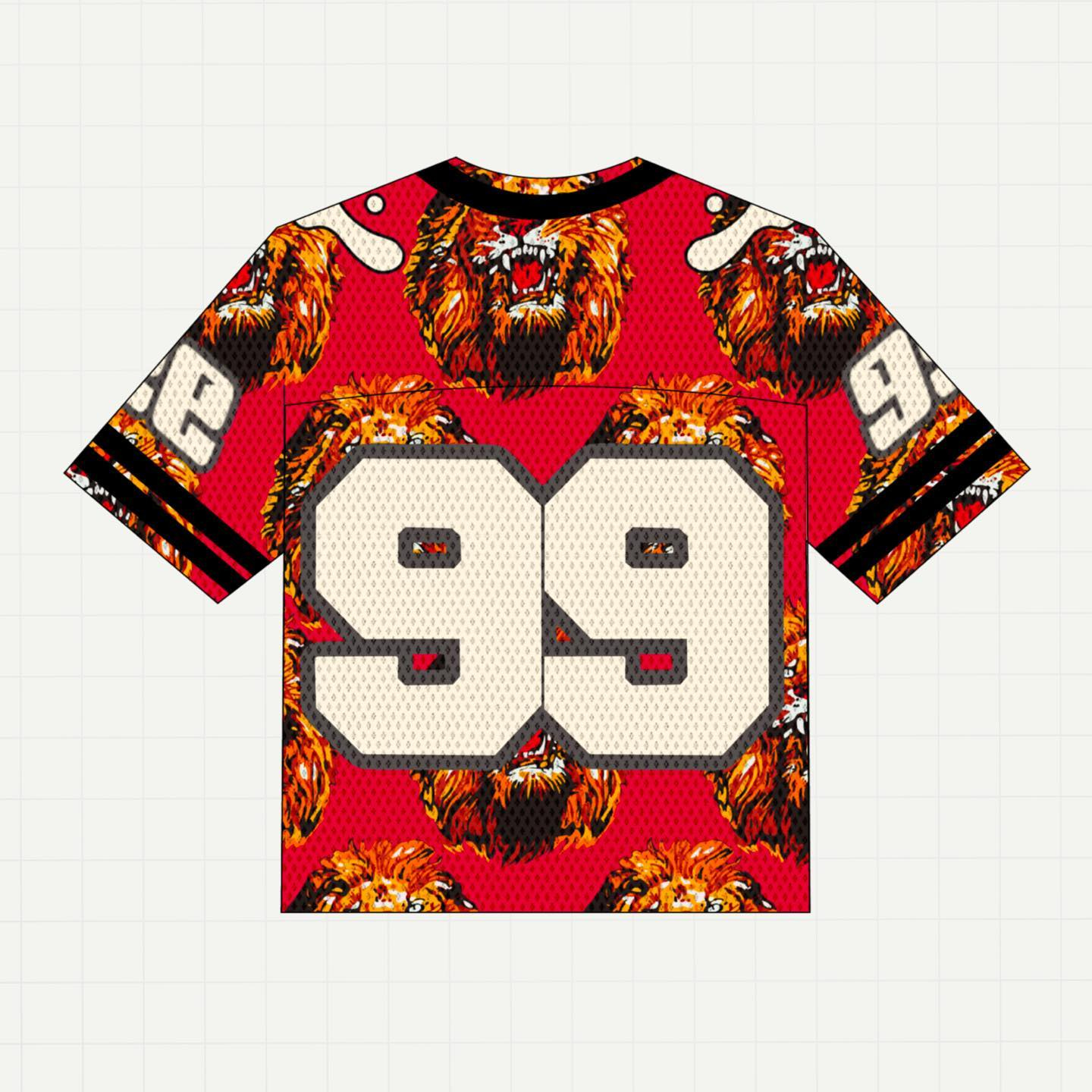
What would you be doing if you were not an artist?
Probably politics.
What advice do you have for someone who is just starting out or is at the early stage of their creative journey?
Take time to understudy people who are doing what you want to do. There's nothing wrong with studying people. I have noticed that a lot of artists just starting out want to get ahead without taking time to study and practice.
Read Also
What would you consider success and fulfilment in your career when you look back in the next 20 years?
Getting to a point where people who are not creatives and artists understand and appreciate art and the Nigerian culture because of the work I have done.
Whose story would you love to read about?
Bolu Sowoolu and Kodak.
Thank you for sharing with us!!!
Connect with Tife on Twitter and Instagram.
Thank you for reading and don’t forget to like and share the interview.
I know you enjoyed this, you should consider subscribing.
See you next time!!!
Follow us on Twitter, Instagram, and LinkedIn to stay up to date.






